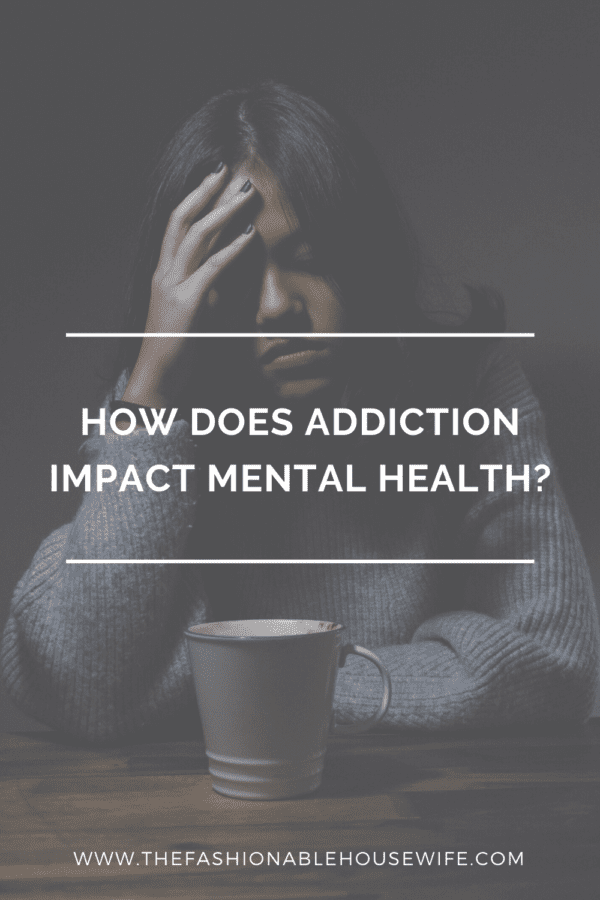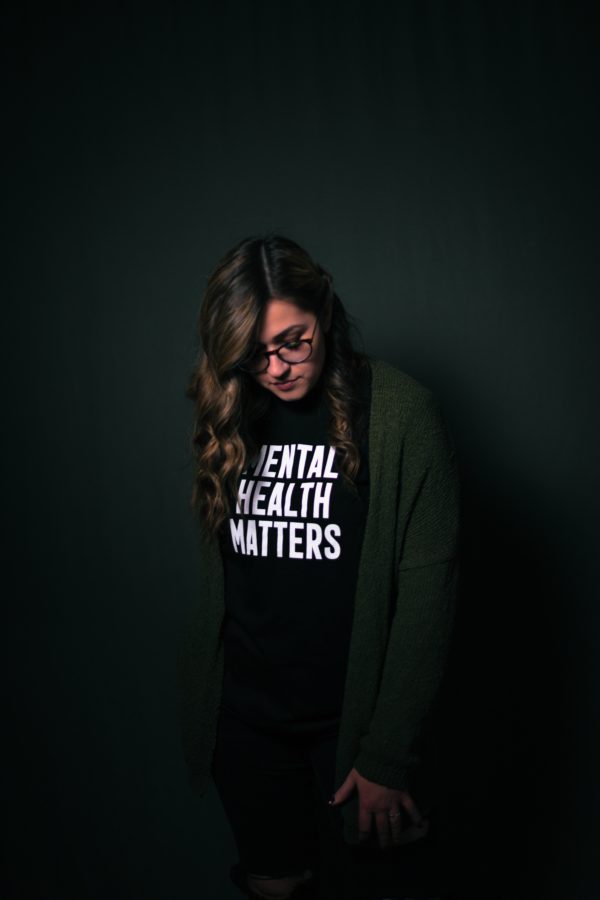
You may start taking a drug to treat a specific conditions, but the effects of the medication on the brain can influence the choices that you make. After using the drugs for some time, you may develop severe cravings and start depending on the drugs to function. The dependency can later turn into an addiction, thus affecting your mental stability. Here is how addiction affects the mental state.
The Relationship Between
Mental Illnesses and Drug Abuse
Mental instability can happen to anyone and not necessarily because of using drugs. Having an existing mental illness can be a result of genetics or the environment. However, mental health issues can worsen if you abuse drugs and alcohol.
Depression and schizophrenia can increase if opioids or cannabis are abused. Patients with panic disorder, posttraumatic disorder, bipolar disorder, or anxiety disorder are more likely to use alcohol and drugs than people without any mental illness.
Worsen the Situation
Abuse of drugs can worsen mental illnesses and cause a trigger causing new symptoms. Taking alcohol or stimulants can interfere with medicines a patient could be taking, such as mood stabilizers, antidepressants, and anxiety medicine. The medications become ineffective in treating the condition or managing its symptoms, thus making the recovery journey slow.
Worse Side Effects
Sometimes, out of frustration, depression and anxiety may result. Instead of seeking advice from a doctor, one may decide to self-medicate using alcohol or stimulants. Though they may offer temporary relief by changing your mood and emotions, they are not a lasting solution.
The drugs may end up creating a mental illness where there was none. Since the first time of use, there was some improvement you may resort to using them, thus leading to an addiction. The effects of addiction are dire, which brings about mental illnesses that would not have come had you not used the drugs.

Diseases in Childhood
While in adolescence or childhood, one develops a mental disorder, there is a likelihood of using drugs in the future. Therefore, it is essential for a proper diagnosis when mental illness symptoms manifest themselves in young people. Most youth who indulge in drug abuse are more likely to have suffered from anxiety, bipolar disorder, or depression.
Also, treating diseases such as ADHD may require the child to use stimulant medications like amphetamine or methylphenidate. However, if the treatment does not follow proper child and family education, counseling, or behavioral intervention, it can lead to drug abuse in the future.
Co-Occurring Disorders
Having a mental disorder while at the same time dealing with substance abuse means one has a co-occurring disorder. Most mental illnesses worsen when one is also abusing a substance. The condition makes it hard to go about life normally, affecting how you work, study, and relate with friends and family.
Since each of the two disorders manifests different symptoms, it can be more complex, not to mention how dire the situation can get when left untreated. It is crucial to find help early by getting proper support, treatment, and self-help to fight a co-occurring disorder.



